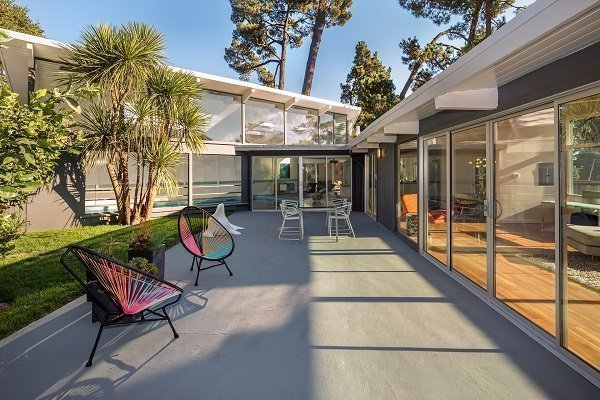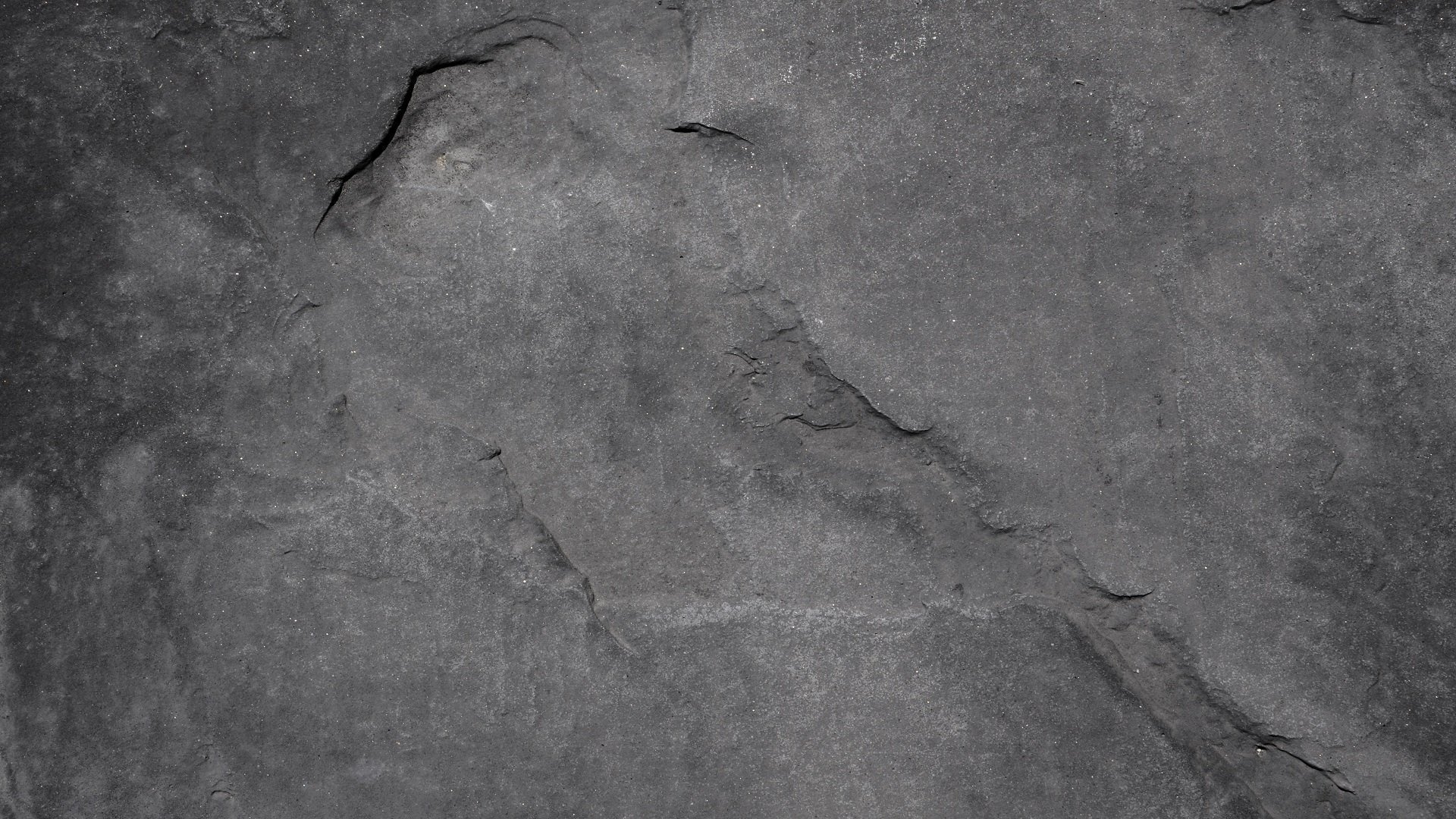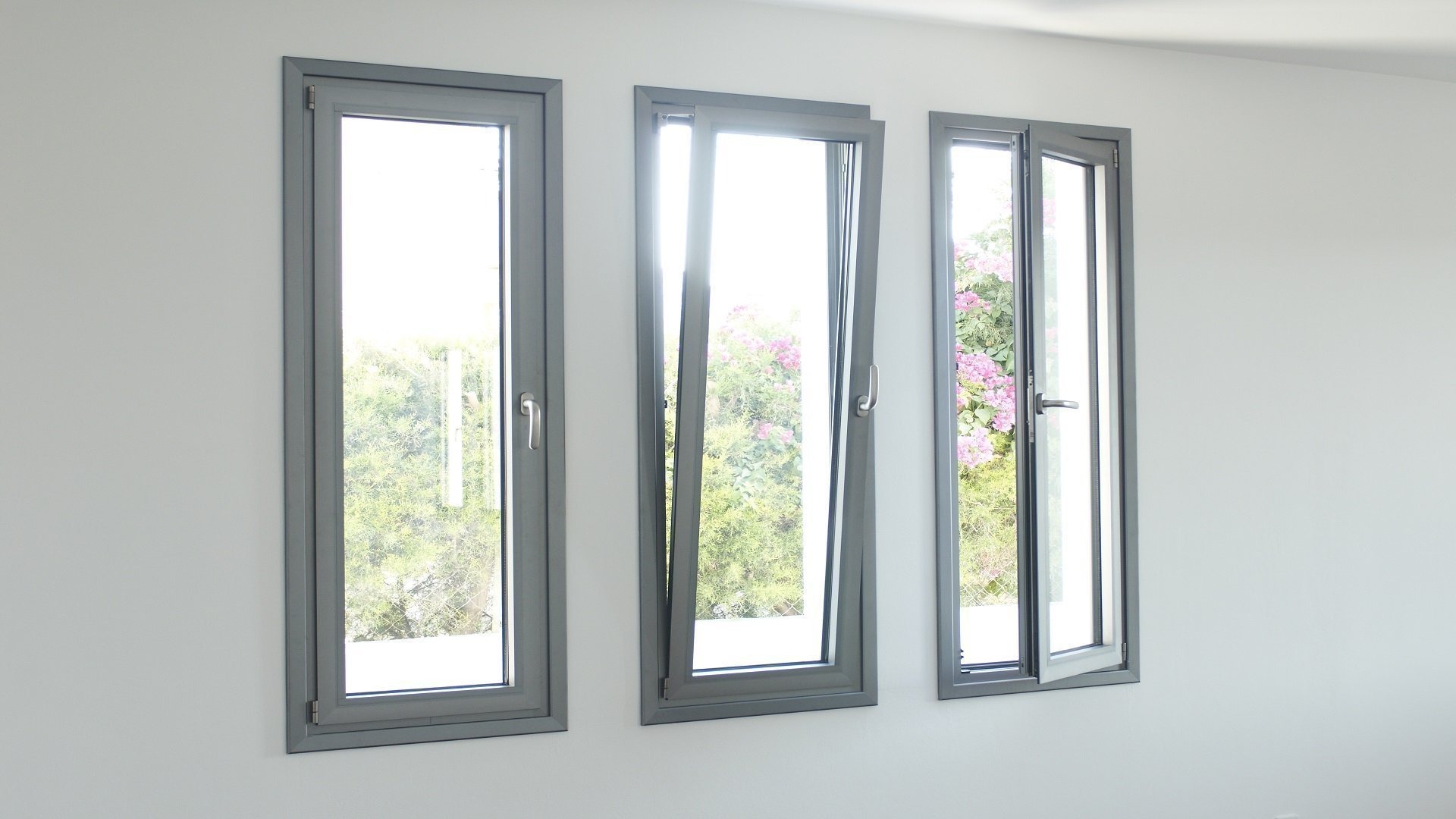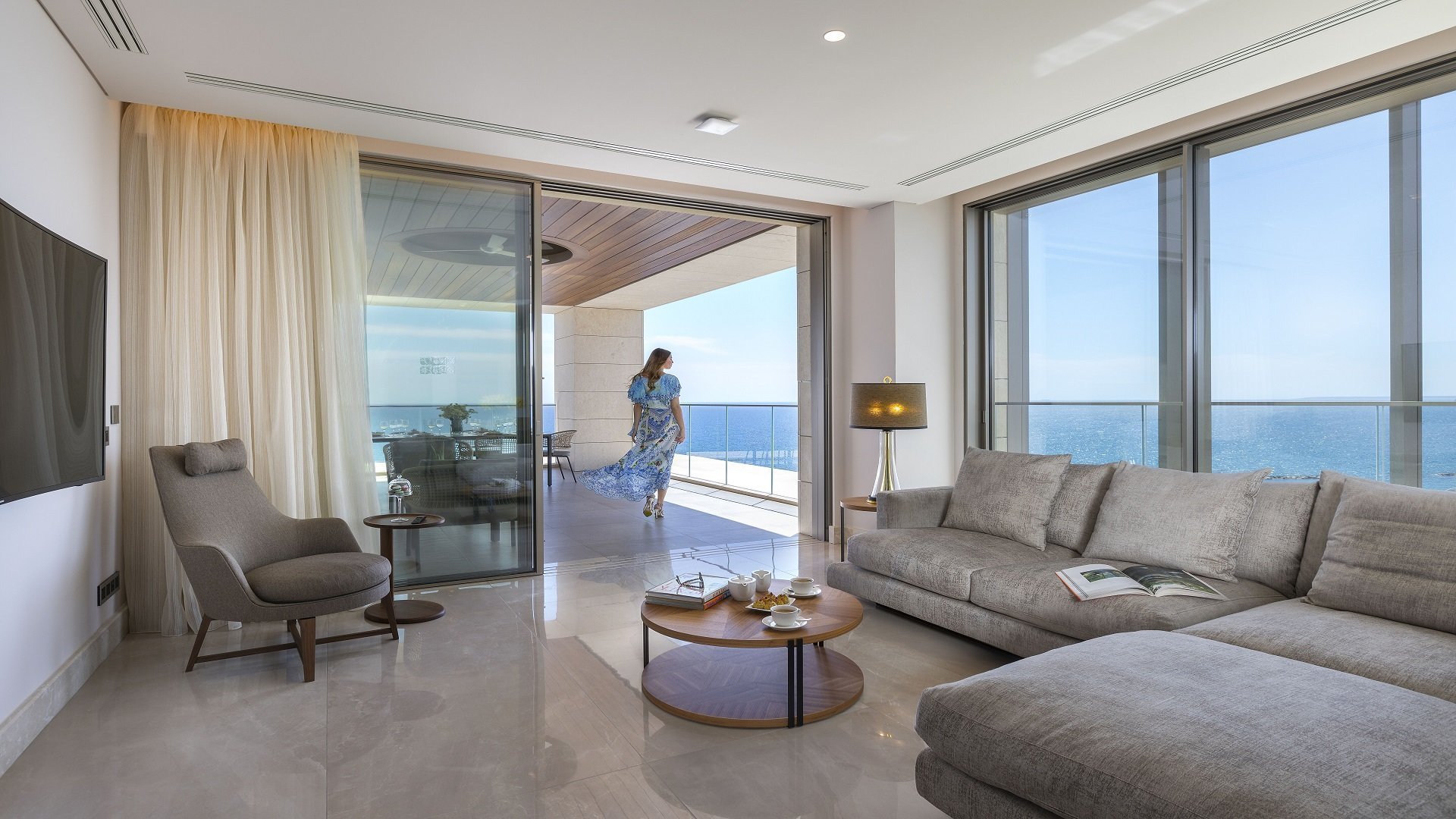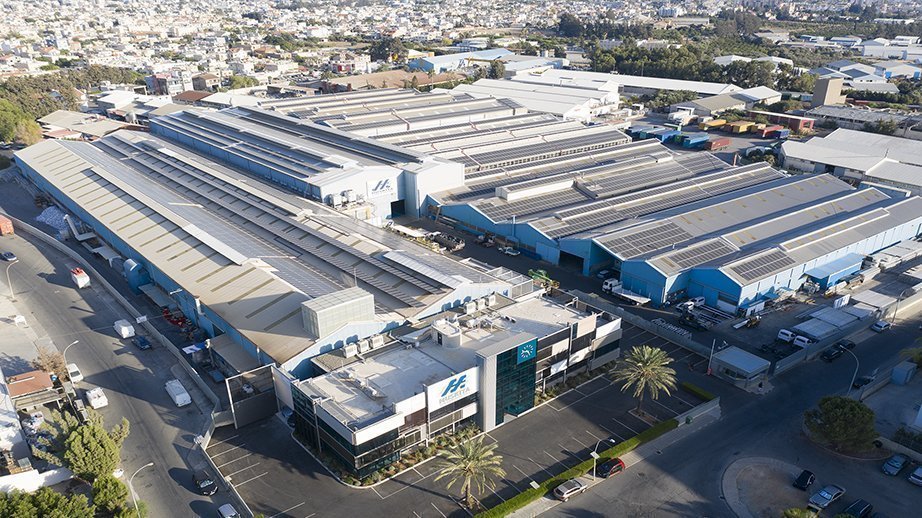Have you been looking at investing in some brand-new single, double or triple glazed windows for your home or business and are struggling between choosing PVC, Wood or Aluminium? This article explains the benefits and limitations of each type of material to help you make an informed choice.
1. Design
Aluminium is the material of design. Its flexibility and high strength to weigh ratio allow unlimited design potential, such as slim frames with large glass panes. Unlike wood or PVC, aluminium is also resistant to deformation and does not need reinforcements, unlike plastic frames. Aluminium therefore ensures greater durability without any maintenance, making aluminium the material of choice for commercial buildings, government applications as well as private residences.
2. Wide range of colours
Aluminium offers a highly durable finish. It can be powder coated to achieve any possible colour, anodized to preserve its metallic shades and it can even be processed to achieve a perfect wood finish, that is indistinguishable from natural wood, combining the maintenance free, superior performance benefits of aluminium. PVC or wood frames however can become discolored as a result of exposure to the sun. Remember! Aluminium frames can retain their finish for over 20 years.
3. Sustainability
Aluminium is considered a “green” metal. Due to its corrosion resistance and strength, 75% of the aluminium ever produced is still in use today, making it extremely economical and sustainable. Aluminium can also be recycled almost infinitely, requiring only 5% of initial energy input, saving about 100 million tonnes of CO2 emissions annually, unlike wood or PVC which is non-sustainable and non-disposable.
4. Durability
Aluminium systems - designed by our experienced R&D team - are ready to resist extreme weather conditions and temperature fluctuations. Aluminum is not affected by changes in temperature and high UV exposure as opposed to wood which deteriorates and PVC which becomes brittle at low temperatures and warps at higher temperatures. Aluminium does not rot, corrode, crack or warp, like wood or PVC. It requires no maintenance, making its lifecycle cost predictable and negligent.
5. Price
Aluminium doors and windows do tend to be more expensive than PVC due to a higher cost of materials and manufacturing. However, when you consider that aluminium is less likely to degrade than PVC, it can be a more cost-effective solution in the long run.
6. Safety
Above all, aluminium is safer than competing materials. Aluminum is a non-toxic metal and it does not burn in case of a fire, unlike PVC that emits lethal toxic fumes.
Read more on our aluminium systems and solutions at www.muskita.com.cy

